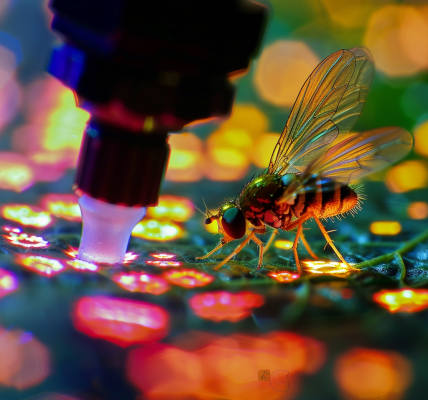Researchers from Saint Louis University and the University of Louisville School of Medicine have found that generative artificial intelligence (AI) could improve healthcare-associated infection (HAI) surveillance programs, according to a study published last week in the American Journal of Infection Control.
HAIs remain a significant challenge as healthcare providers work to improve care delivery and patient safety. The Centers for Disease Control and Prevention (CDC) indicates that roughly one in every 31 hospital patients has at least one HAI on any given day in the United States. In 2015, there were 687,000 HAIs reported in US acute care hospitals, and 72,000 affected patients died during their hospitalizations.
The research team emphasized that the implementation of infection prevention protocols – particularly infection surveillance programs – has reduced the incidence of HAIs considerably. Today, many healthcare organizations have put these programs into place, but some facilities lack the resources to do so. Advanced technologies like AI have been proposed to help enhance infection surveillance programs, but research in this area is still relatively limited.
To address this, the researchers assessed two large language models (LLMs) – OpenAI’s ChatGPT Plus and an open-source model known as Mixtral 8x7B – based on their ability to identify central line-associated bloodstream infection (CLABSI) and catheter-associated urinary tract infection (CAUTI) in clinical scenarios of various complexities.
The six training scenarios were pulled from the National Health Care Safety Network dataset and fed to the models. The complexity of each scenario was analyzed, and the models were tasked with gauging whether each scenario description – which contained information on patient symptoms, age, date of admission, and dates for the insertion and removal of any central lines or catheters – represented a CLABSI or a CAUTI.
The LLMs’ responses were compared to those of human experts to assess each model’s accuracy. Both ChatGPT and Mixtral 8x7B accurately identified HAI across all six scenarios when given clear prompts. However, missing or ambiguous information –





